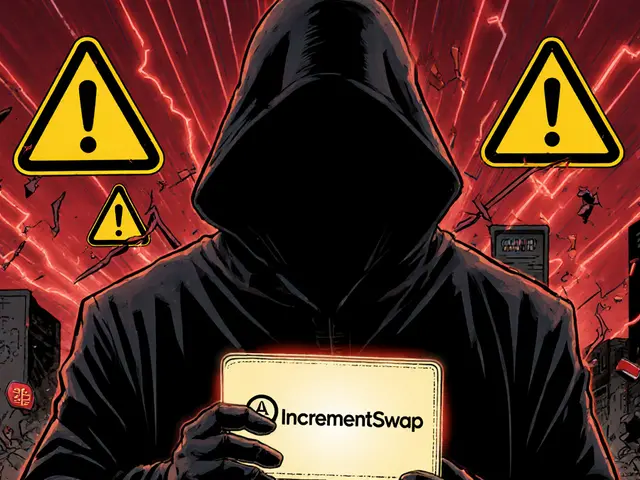Digital Asset Law Vietnam – Essential Legal Guide
When working with Digital Asset Law Vietnam, the collection of statutes, decrees, and guidelines that govern cryptocurrencies, token offerings, and blockchain services in Vietnam. Also known as Vietnam crypto regulation, it determines who can issue digital tokens, how exchanges must operate, and what taxes apply. This framework digital asset law Vietnam encompasses Vietnam Securities Law, rules that treat many tokens as securities, requiring registration and prospectus disclosure and State Bank of Vietnam regulations, guidelines that restrict direct crypto payments and oversee stablecoin issuance. Moreover, the AML framework, anti‑money‑laundering measures enforced by the Ministry of Public Security requires KYC checks for every exchange and wallet provider. Together, these pieces create a tightly‑controlled environment that balances innovation with investor protection.
Key Areas Covered by Vietnam’s Digital Asset Rules
First, any platform that wants to list or trade tokens must obtain a licence from the State Bank of Vietnam or the Ministry of Planning and Investment, depending on whether the service is deemed a payment service or a securities activity. The licence application demands a minimum capital of 10 billion VND, audited financial statements, and proof of robust cyber‑security controls. Second, tax treatment is clear: profits from crypto trading are subject to a 20% corporate tax if the activity is corporate, while individual traders face a 10% personal income tax on net gains. Third, the securities angle forces token issuers to draft a prospectus that complies with the Vietnamese Securities Law, disclosing token utility, distribution plan, and risk factors. Failure to file or to follow the prospectus standards can trigger fines up to 5 % of annual turnover and possible criminal charges. Fourth, AML compliance is non‑negotiable. Exchanges must retain transaction records for five years, implement real‑time monitoring for suspicious activity, and report large transfers (over 50 million VND) to the Financial Intelligence Unit. The penalties for AML breaches range from license suspension to imprisonment of up to three years.
These requirements shape how businesses design their products, how investors assess risk, and how regulators enforce compliance. The landscape is constantly evolving—recent drafts from the Ministry of Information and Communications hint at a future where stablecoins backed by the dong could gain limited legal status, while the State Bank is exploring a sandbox for DeFi protocols. For anyone navigating Vietnam’s crypto scene, staying updated on these legislative shifts is vital. Below, you’ll find a curated set of articles that break down exchange reviews, risk‑management tactics, and the latest regulatory news, giving you practical insight to move forward confidently in this tightly regulated market.
An in‑depth look at Vietnam's Directive 05/CT‑TTg, detailing licensing rules, capital requirements, operational limits, regional context, and a compliance checklist for crypto exchanges.
READ MORE






